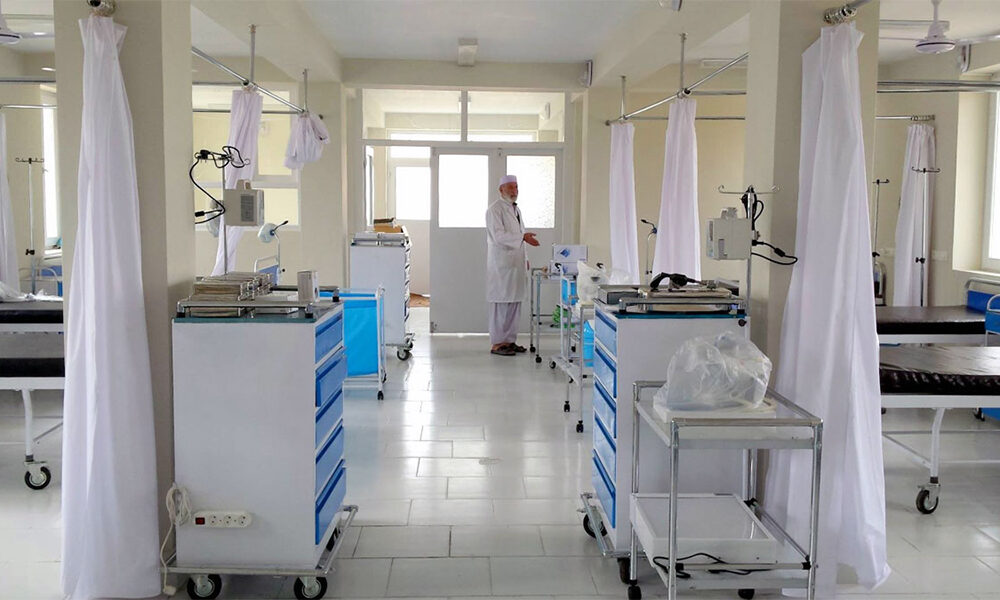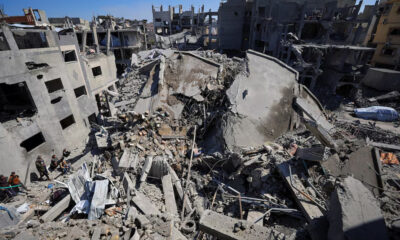Health
Afghanistan’s health system is on brink of collapse: urgent action needed

The World Health Organization (WHO) has once again appealed to the international community to find a funding mechanism to help prevent Afghanistan’s primary health care initiative from collapsing.
The WHO stated this week international donors need to find a funding mechanism for the Sehatmandi program, which is Afghanistan’s crucial primary health care initiative.
The Sehatmandi program is the backbone of Afghanistan’s health system, providing care for millions of people through 2,331 health facilities across the country.
However, since the Islamic Emirate of Afghanistan (IEA) took control, major funding for the program has been withdrawn.
Previously funded by the World Bank, the European Commission, and USAID, there are now serious challenges to continuing these vital primary health care services.
Over the last two decades, life expectancy has risen, and maternal, newborn and child deaths in Afghanistan have dramatically decreased, largely due to the success of the Sehatmandi program.
Today, the population’s health is seriously under threat and all the progress in health outcomes may be lost, the organization warned.
“The recent funding pause by key donors to the country’s biggest health programme (Sehatmandi) will cause the majority of the public health facilities to close. As a result, more mothers, infants and children will die of reduced access to essential health care.
“WHO is determined to work with partners in identifying a sustainable solution with the support of donors to maintain and scale up the lifesaving interventions when needed in the country,” said Dr Luo Dapeng, WHO Representative in Afghanistan this week.



